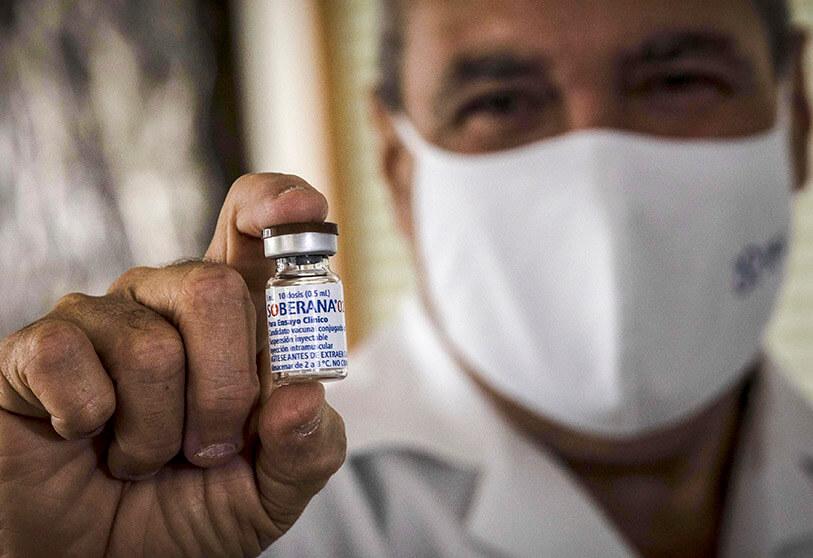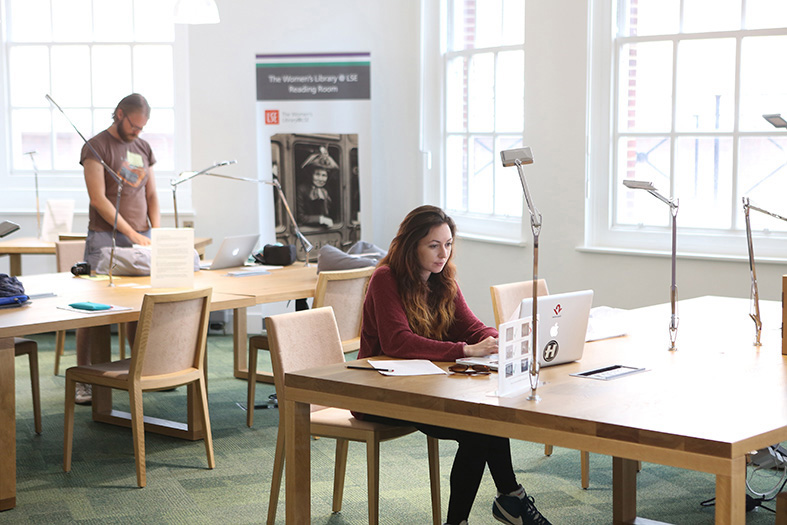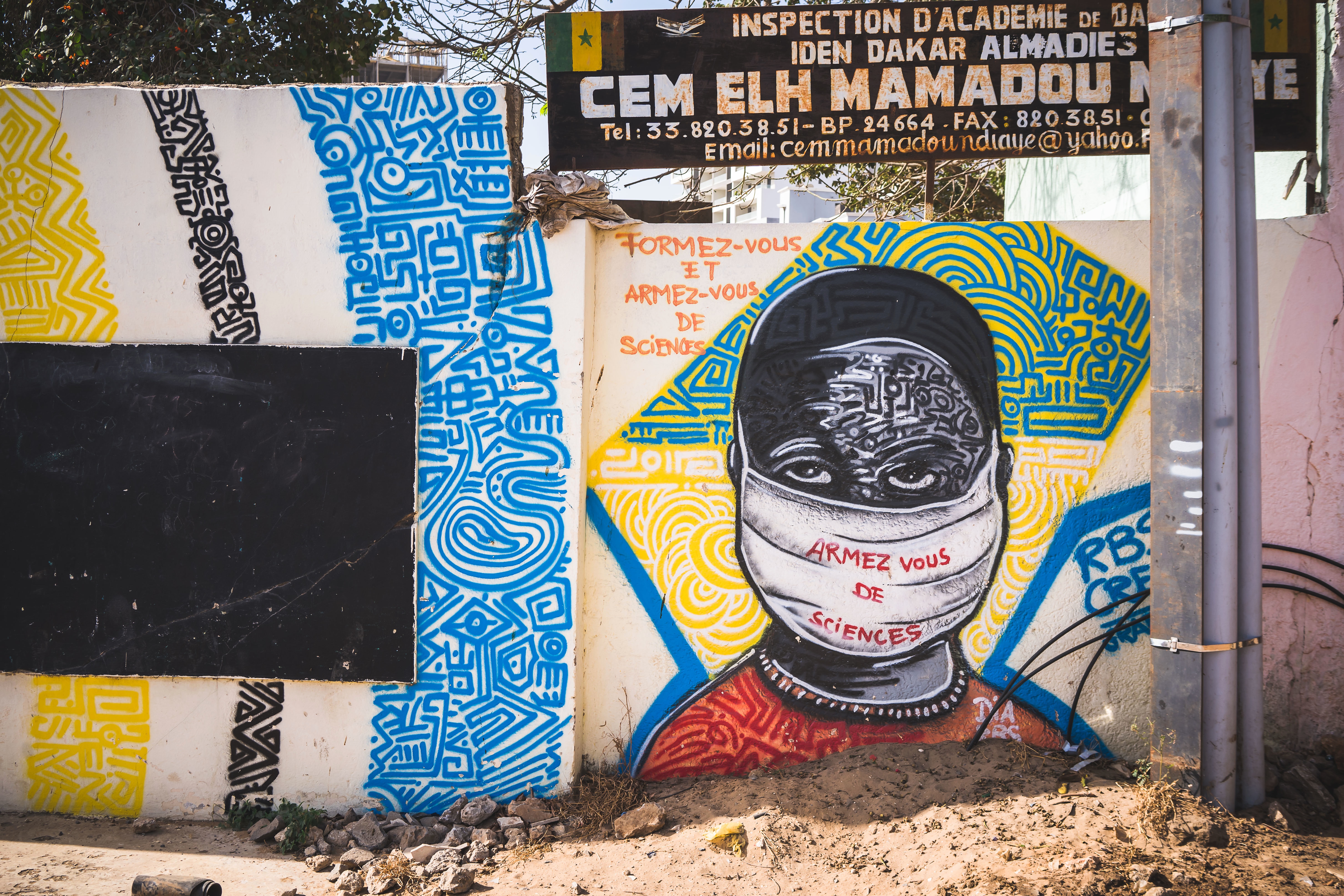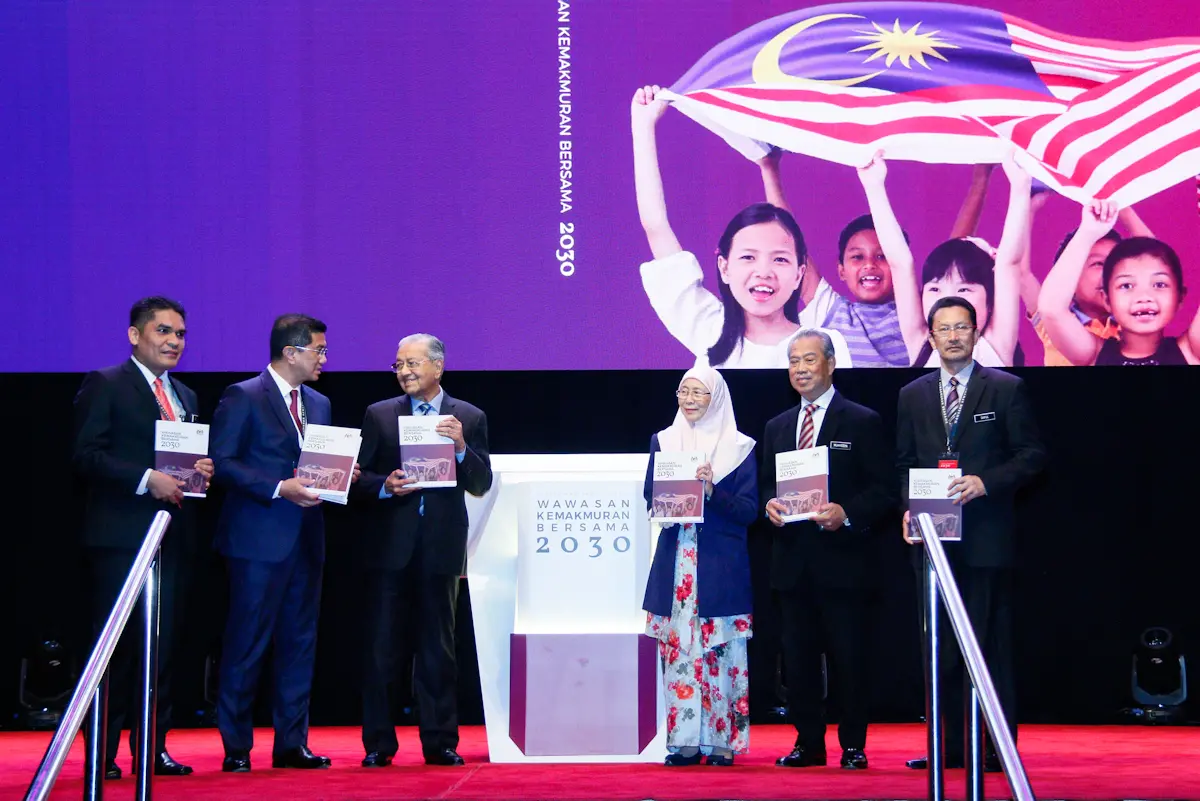MSc Development Studies alum Alejandra Padin-Dujon examines the recent phenomena of Cuba’s unpopular economic governmental policies, which sparked nationwide protests last summer, and the contrasting success of the country’s Covid-19 vaccine development and delivery.
Mi pueblo pide libertad, no más doctrinas
Ya no gritamos patria o muerte, sino patria y vida.
English translation:
My people ask for liberty, no more doctrines
We no longer shout “patria o muerte” [homeland or death], but rather “patria y vida” [homeland and life].
—“Patria y Vida” (Cuban protest song, February 2021)
The uprising
“Patria o muerte”—homeland or death—is one of the most famous slogans of the Cuban Revolution of 1959, led by Fidel Castro and Che Guevara, deposing US-backed military dictator Fulgencio Batista. Since then, it has been the standard-bearer for a decades-long campaign of spreading education and medicine; declaring sovereignty and independence from imperialism; and, crucially, telling a patriotic narrative drawing upon slogans and national heroes such as the revolutionaries themselves, and key historical figures like nationalist intellectual José Martí. With its close relationship to the Cuban regime, “patria o muerte” has come to signify patriotism and repression, old hope and newer despair.
It seems fitting, then, that when key players in the Cuban reggaetón scene—a genre of Latin American music with origins in dancehall and hip hop—joined forces to write a protest song called “Patria y Vida” months before the 2021 Cuban uprising, they subverted this well-known phrase. Patriotism would no longer be measured by a willingness to die, but by the will to make the country flourish and live.
The uprising on 11 July 2021, featuring demonstrations in more than 50 towns and cities, arose from multiple causes. The devastating progression of the Covid-19 pandemic, a precipitous drop in tourism, and longstanding discontent with the government were immediate triggers. These triggers, however, do not tell the whole story. Cuba has suffered for years under Cold War-era international sanctions—a fact inseparable from 2021’s extreme Covid-19 vaccine shortages, which intensified the effects of the pandemic. Public health concerns, in turn, quashed the vital tourism industry more severely, and for longer, than in neighboring Caribbean islands.
The government’s policy response at the beginning of 2021 included a slew of economic reforms that increased wages but triggered a spike in prices. In June, the government announced a short-term prohibition on banks accepting deposits in US dollars—the most popular currency for remittances.
The long-term effects of sanctions are many and complex. Certainly, they have diminished the policy space available to the Cuban government—even under the best of governance conditions—to secure food, medicine, and basic supplies from abroad, and to forge international alliances. Cuba has therefore faced pressures and challenges both intrinsic to the regime and extrinsic.
Patria y vacunas
Cuba’s political and economic woes are widely known—at least, in broad strokes. What is less well known, despite the island’s international reputation for medical diplomacy and medical excellence, is Cuba’s most recent biotechnological triumph: the successful development, manufacture, and delivery of two fully trialed Covid-19 vaccines (Spanish: vacunas). These are the Soberana (“Sovereign”) 1-2-Plus vaccine series, and the Abdala vaccine (named for verses by José Martí). Whereas “patria y vida” may be a dashed hope in the current political scene, resourceful Cuban biotechnology showcases resilience in a way that propaganda has failed to do.
The Soberana and Abdala vaccines, drawing upon Cuba’s expertise in conjugate vaccine technology, were created in a near-vacuum without access to international biotechnological input or resources. Their creation was spurred by the recognition that procuring foreign vaccines would be difficult or impossible, and that infrastructure in Cuba might not always allow for the ultra-low storage temperatures vaccines like the American Pfizer and Moderna options require. This higher temperature tolerance would make the Cuban vaccines easier to deliver to remote or under-resourced areas—not just in Cuba, but across the Global South. They testify to the capacity of the country’s collaborative, state-owned biotechnology sector.

Cuba’s vaccination campaign eventually enjoyed great success: simultaneously with the 2021 protests in which “Patria y Vida” became anthemic, Cuba’s regulatory agency authorized Abdala and Soberana 2 shots for adults. Vaccinations for children were approved a few months later. As of 20 August 2022, the Cuban government claimed to have fully vaccinated 90.1% of the population. This figure would place Cuba in the top five countries globally for population percentage with a full vaccination course. (Note: Our World in Data reports that Cuba’s vaccination rate for full courses is slightly lower, at 88.7%. This would place Cuba in seventh place.)
Cuba’s vaccine sector has grown and succeeded by necessity and through heavy investment in medicine. As of 2021, Cuba produced 80% of the vaccines used in the country and even exported some: an adaptive response to international embargoes and restrictions. By November 2021, Cuba had begun exporting Soberana and Abdala to Venezuela, Vietnam, Iran, and Nicaragua. Earlier in the year, other potential recipients including Mexico, Jamaica, Pakistan, India, and the African Union had expressed interest as well.
Implications
Cuba’s eventual Covid-19 vaccination success could strengthen its image as a champion of medicine and biotechnology, particularly for developing countries. The visibility of Soberana and Abdala outside Cuba has increased massively since February 2021, before which internet searches for Soberana—then entering Phase III trials—returned results almost entirely in Spanish and Portuguese. Cuba’s history of medical and educational diplomacy in the Caribbean, Africa, and around the world may also help to promote the vaccines in light of widely acknowledged vaccine inequity, highlighted by the Covid-19 pandemic.
None of this, of course, cleanses Cuba’s government of the results of its forcible repression of the movement for “patria y vida.” One of the reggaetoneros featured on the original song, for example—Maykel Osboro, still based in Cuba—was detained in April 2021, two months after the song’s viral success. Nonetheless, Abadala and the Soberana series—two vaccines with conspicuously propagandistic names—paint a positive picture of the resourcefulness and momentum toward vida still characteristic of Cuba’s medical and biotechnological scenes.
The views expressed in this post are those of the author and do not reflect those of the International Development LSE blog or the London School of Economics and Political Science.
Main image credit: Main image, Wilfredo Lee/AP via WLRN.org.





